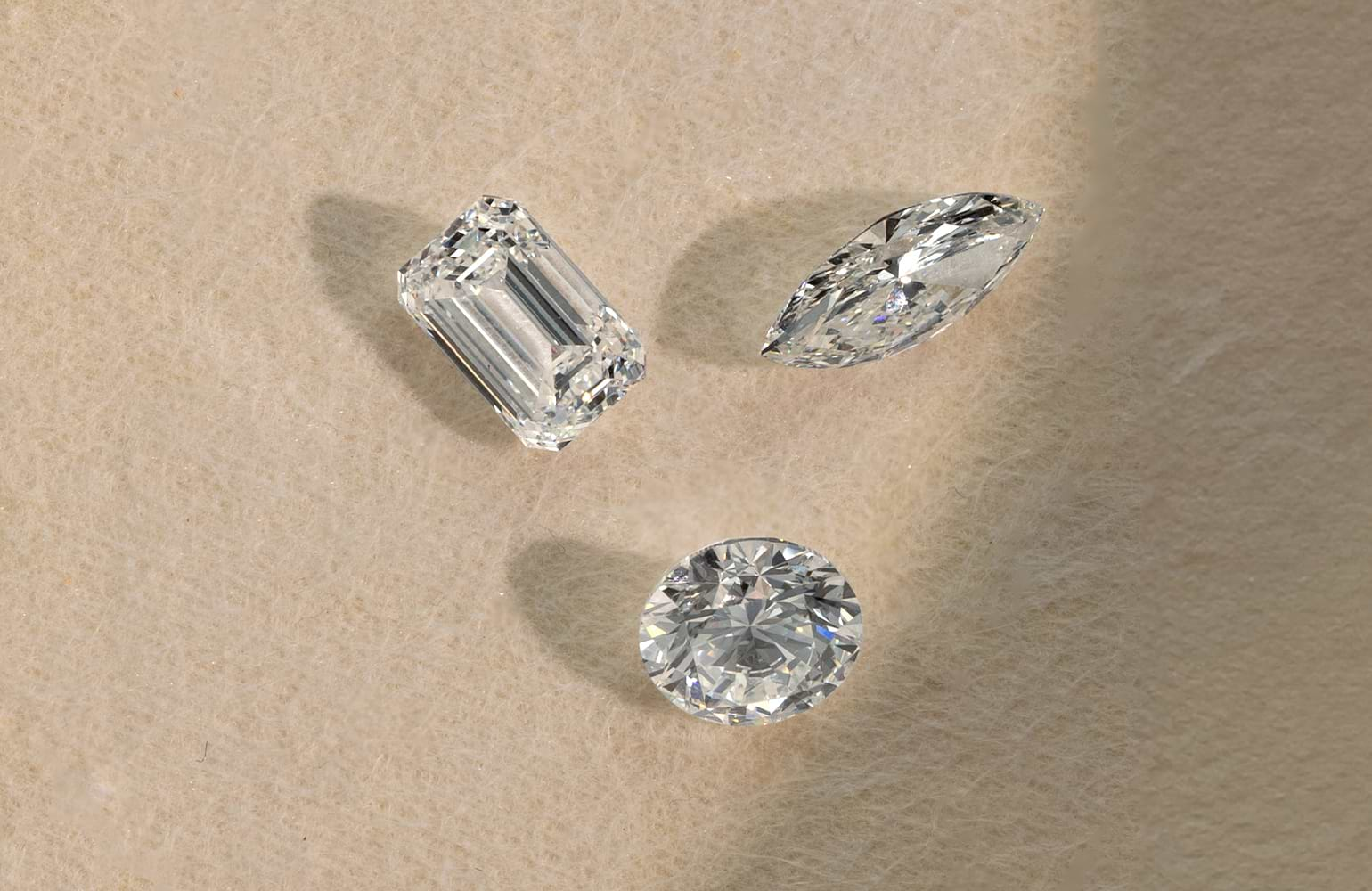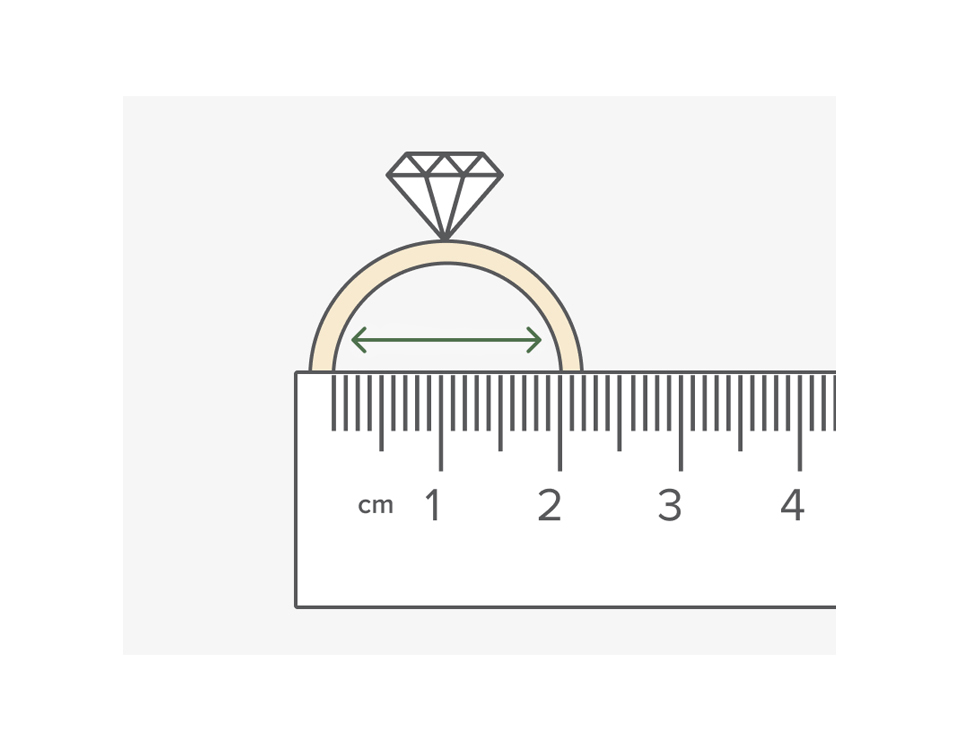Understanding Diamonds
What Makes a Diamond Valuable?
Diamonds are much of the time considered images of affection and status, however what genuinely makes them valuable? It’s a combination of their physical properties and market dynamics. The most notable factors are their clarity, cut, variety, and carat weight — the infamous 4 Cs.
The 4 Cs of Diamonds
Cut: This determines how well a diamond mirrors light. A very much cut diamond sparkles beautifully, while an inadequately cut one can appear dull.
Variety: Most diamonds are graded on a scale from drab (the most valuable) to light yellow or brown. The less variety, the higher the value.
Clarity: This alludes to the presence of inclusions or flaws. The less imperfections, the more valuable the diamond.
Carat Weight: Larger diamonds are rarer, yet not as rare as you could think!
The Misconception of Rarity
Reality Behind Diamond Supply
Diamonds are in many cases marketed as rare pearls, however the reality is unique. With mining operations all over the world, the stockpile of diamonds is more abundant than the general population sees.
Global Production and Distribution
The diamond industry is broad, with significant mines in nations like Russia, Botswana, Canada, and Australia. These mines produce millions of carats annually, contradicting the idea of diamonds being rare.
The Job of De Brews and Market Control
Historical Context
To understand why diamonds are seen as rare, we want to take a gander at history — specifically, the job of De Brews. This company has dominated the diamond market for north of a long time, shaping perceptions and controlling stock.
Marketing and the “Diamond is Forever” Fantasy
De Brews crafted the narrative that diamonds are rare and essential for affection and responsibility. The iconic slogan “A Diamond is Forever” hardened this idea, leading many to accept that diamonds are not simply valuable yet additionally scarce.
Diamonds vs. Other Valuable Diamonds
Comparing Rarity
At the point when we compare diamonds to other valuable gemstones, the apparent rarity diminishes further. For instance, rubies, emeralds, and sapphires are frequently rarer than diamonds, yet diamonds command more exorbitant costs in many cases.
Cost vs. Rarity
The cost of a diamond frequently mirrors its marketing more than its actual rarity. While diamonds may be broadly available, their costs are influenced by consumer demand and branding, not exclusively on scarcity.
Synthetic Diamonds: The New Norm
The Ascent of Lab-Grown Diamonds
With advancements in innovation, lab-grown diamonds have arisen as a popular alternative. These stones have the same physical and chemical properties as why mined diamonds are not rare yet are created in controlled environments.
Impact on the Market
Lab-grown diamonds are significantly cheaper and more accessible than their mined counterparts. This shift challenges the idea of rarity and reshapes how we view diamond possession.
The Environmental Impact of Mined Diamonds
Mining Practices and Sustainability
The extraction of diamonds isn’t just about rarity; it also involves environmental considerations. Traditional diamond mining can have devastating consequences for environments, leading to deforestation, habitat destruction, and pollution.
The Ethical Debate
As awareness of these impacts develops, many consumers are turning to ethical alternatives. The demand for sustainable practices is pushing the industry to rethink how diamonds are obtained and marketed.
Conclusion: Redefining Rarity
All in all, are mined diamonds genuinely rare? The answer is nuanced. While lab made diamonds are valued for their beauty and emblematic significance, the notion of rarity is largely constructed through marketing and supply control. As we shift toward additional sustainable practices and consider lab-grown options, the definition of rarity in the diamond industry may develop. Understanding this landscape enables consumers to make informed choices, recognizing that beauty can come in many forms, whether mined or created.



